Dragon Age: Origins has you play as the Warden – a human, elf, or dwarf from one of six pre-written backgrounds. From the second you take control of your character, you can decide how you feel about whatever the game throws at you, whether it’s politics, religion, or the very group that you’re forced to join at the start, the Grey Wardens. Are they saviours who gave you another chance at life, or a cruel cult that you were conscripted into against your will?
In Dragon Age: The Veilguard, Rook comes from nowhere and doesn’t care about anything. My Rook is a Grey Warden, a mage, a human – all things that would previously shape how I interacted with the world, and how it interacted with me. Now, it feels like the game is actively working against me whenever I try to roleplay, and it’s all because it doesn’t know what kind of protagonist Rook is supposed to be.
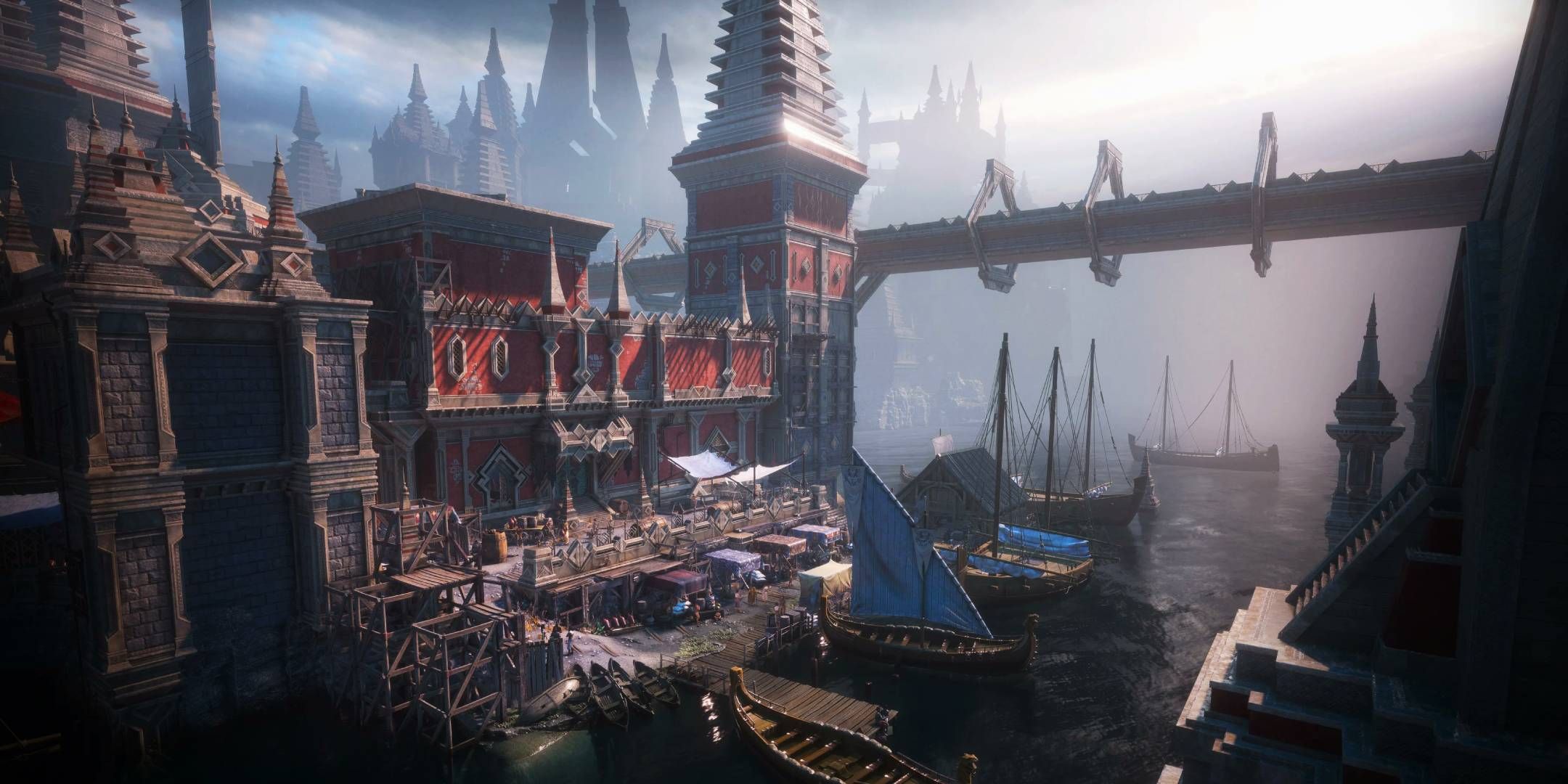
Related
Modern Dragon Age Does Not Deserve Tevinter
Dragon Age: The Veilguard lacks the nuance to do Minrathous justice.
When I started The Veilguard, I had the rough outline of a character: a fairly ignorant, somewhat privileged human mage who joined the Grey Wardens for glory. I was ready to bend this slightly if the backstory I was given contradicted this, but at first, it seemed that I was fine. Beatrice Thorne, a Tory name for a Tory character, was ready to go.
Dragon Age: The Veilguard Drip Feeds Us Information On Rook That Gets In The Way Of Roleplaying
Then, the issues crept in. I was never told where Beatrice came from, so I decided she fared from Tevinter. Except, it then became clear she knew nothing about the place in dialogue, so I scrapped that. Okay, fine, she’s an apostate from another country, maybe somewhere in the Free Marches? Never mind, she just mentioned being from the Circle – which are, apparently, still a thing, even though they can be abolished at the end of Inquisition.
It only got worse from there, as I realised Beatrice was lacking the defining trait that I’d set out for her: she was too nice. Being a human, I had intended for her to be incredibly antagonistic towards Solas, and even dismissive of the plight of the elves. I thought it would be a nice counter to my Inquisitor, a Dalish woman who believes Solas can be reasoned with. But no dice.
Instead, I’m running around playing camp counsellor. Everyone loves me. Even the Inquisitor loves me after I unfairly blamed her for everything. And why wouldn’t they? I’ve been there for everyone. I’ve been kind and considerate. And I hate it.
To be honest, the elves aren’t that fussed about their own gods attacking them anyway, so I suppose there aren’t many feelings to invalidate.
I’ve had it relatively easy. Other players have noticed that their dwarven Rooks switch between being devout Andrastians to followers of the Paragons (no, you can’t really mix the two). Elven Rooks will also refer to Elgar’nan and Ghilan’nain as “their gods”, whether or not they’re Dalish. Previously, the distinction between different kinds of elves mattered so much that Origins split City Elf and Dalish Elf into two different backgrounds, since they both had such different cultures. They seem to have gotten over that schism now, with neither group feeling strongly about their beliefs.
The issue stems from the strange way BioWare approached backgrounds this time. Factions were a neat idea, but there is no way that a Qunari mage Grey Warden has had the same life as a dwarven rogue Warden. And yet, it seems that The Veilguard wants to act as if they mostly have. They even have the same surname and everything.
Dragon Age: Origins, on the other hand, is a roleplayer’s dream. Through the dialogue, I’ve established my character’s religious views, political leaning, morality, and perhaps what I’m missing most of all, personality. She’s arrogant and prone to being childish. She hates the Circle, but otherwise follows the teachings of the Chantry, not realising that the church is behind it all. She hates Loghain so much that it colours her view of his daughter, Anora, to the point where she forces Alistair to take a throne he doesn’t want.
Best of all, her being a mage defines her entire life. The world that Origins creates is so rich that I can never forget my place in it. Everything I do is coloured by my character’s background, and how I’ve decided she feels about it.
The Veilguard has given me nothing to work with. The closest it ever gets is making you choose between saving Treviso over Dock Town because it seemed like the “Grey Warden” thing to do. But no one seems fussed as to why I did that. And despite my best efforts to be completely ignorant and unhelpful to their plights, Harding and Bellara adore me. Lucanis – the mage killer – does too. Hell, I forget I’m a mage half the time.
Remember when you could lose two companions in Origins because you defiled the ashes of Andraste? Good times.
If BioWare Wanted A Different Approach, It Should Have Copied Dragon Age 2
I get it – accommodating any kind of character is tough. The set-up of Origins means you could conceivably be a horrible person and still the only one who could save the day, or use the chaos for your own gain.
This isn’t really possible for what The Veilguard wants to accomplish unless Varric is suddenly a terrible judge of character. We’ve got a huge storyline to wrap up, and the easiest way to do that is to have a protagonist that’s more defined.
Except, Dragon Age 2 already did that. BioWare had an ending in mind, the mage uprising, and so it curbed our roleplaying to get there. In hindsight, it was much better than The Veilguard’s approach.
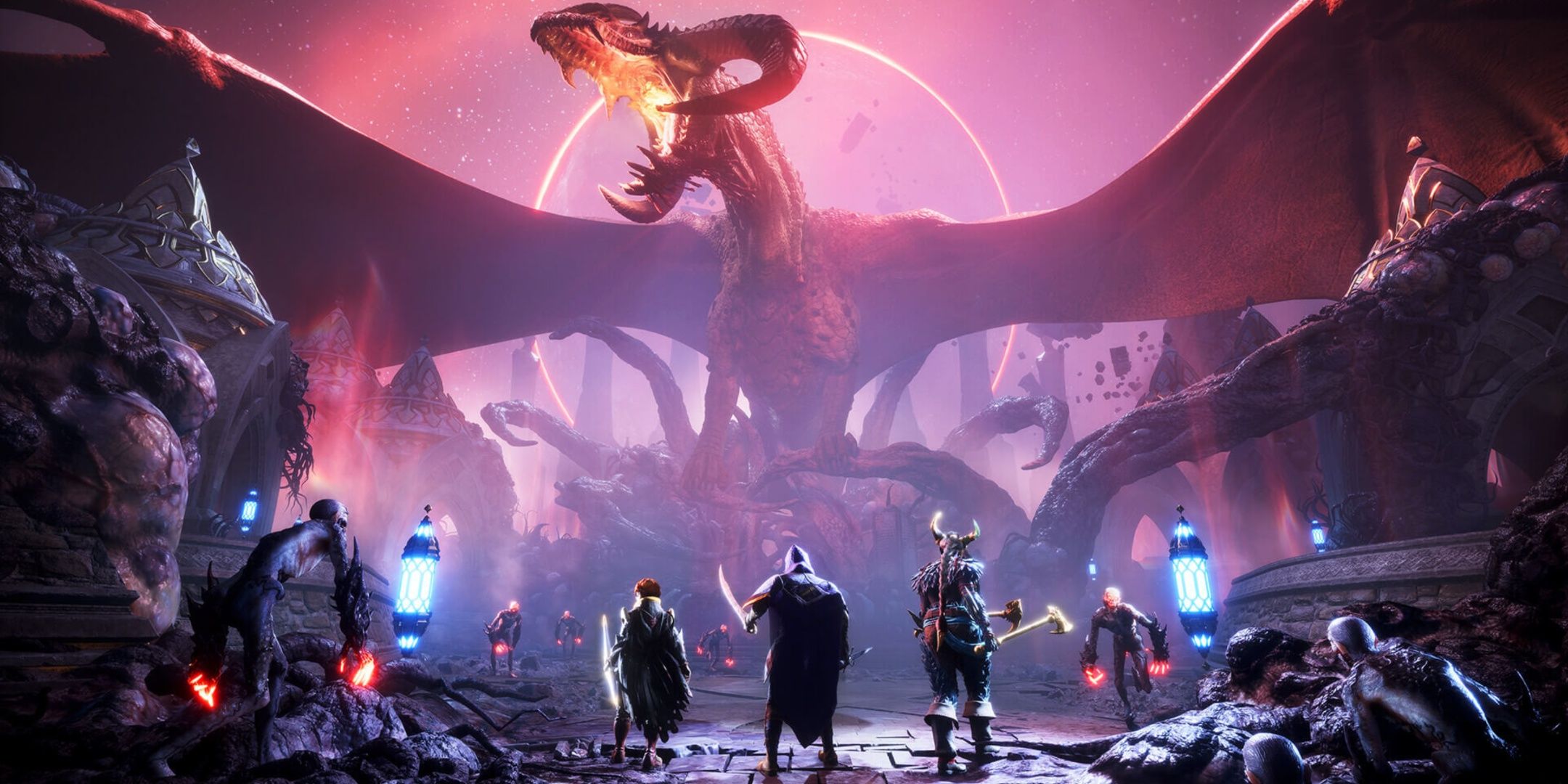
Related
Dragon Age: The Veilguard Was Always Going To Be Divisive
BioWare’s first single player RPG in years was bound to land in the middle somewhere.
For starters, we weren’t being lied to. We could only play as Hawke, and Hawke would always be the eldest child of an apostate and a runaway noble. They’d always have younger twin siblings, and they’d always start their story fleeing Lothering from the Blight. Eventually, they’d become the Champion of Kirkwall, and witness the beginnings of the mage uprising.
Yet within those constraints, we still had a remarkable amount of freedom. Choosing to play as a mage impacts you greatly, as this influences how others treat you, and even determines which one of your siblings dies at the start of the game. It also doesn’t lock you into any particular ideology, as I’ve played as everything from a violently pro-Anders rogue to a templar-supporting, self-hating mage. It’s less like playing as Shepard from Mass Effect, and more like if we could only play as a human noble in Origins. It was a letdown to lose the option to play as anything else, but what we got was far richer than anything in The Veilguard.
Ultimately, BioWare should have just given Rook a better-defined backstory, and let us take it from there. What we’ve got feels like just another consequence of the series dulling its edge, where race and class don’t matter anymore, and the world is cleanly split between good and evil.
In being so divided on these things, Dragon Age: Origins gave roleplayers some of the best moments for their characters. Being unable to be the Queen of Ferleden on the basis of being a mage defined my Warden’s life. Hawke seeing her sister dragged away to the Circle did too. Other players might not have experienced either of those things, but if they did, their characters may have interpreted them completely differently. I’m worried Dragon Age’s new direction means that we’re not getting juicy roleplaying material like this again, and it’s a disservice to such a great setting.
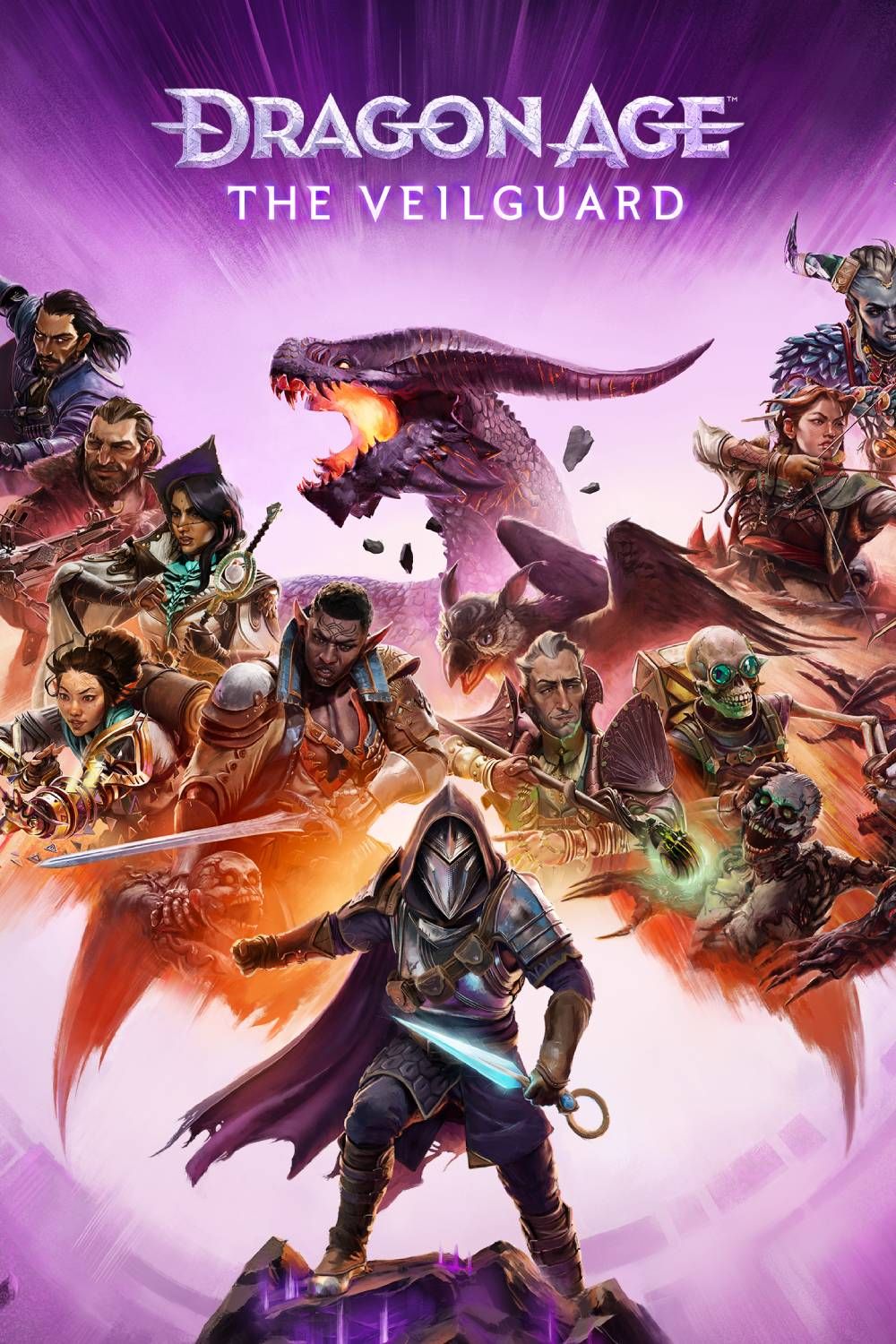
Dragon Age: The Veilguard is the long-awaited fourth game in the fantasy RPG series from BioWare formerly known as Dragon Age: Dreadwolf. A direct sequel to Inquisition, it focuses on red lyrium and Solas, the aforementioned Dread Wolf.
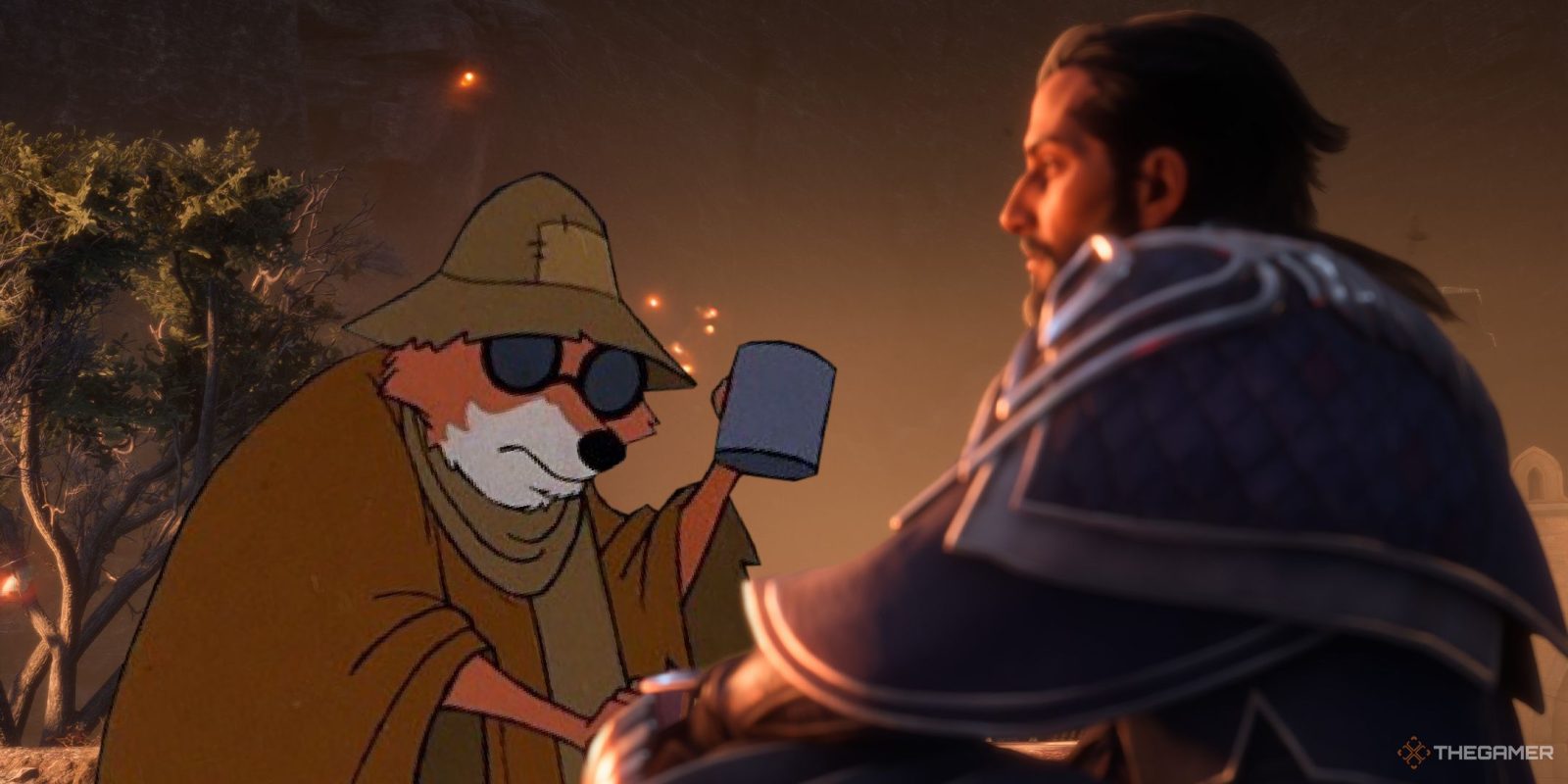

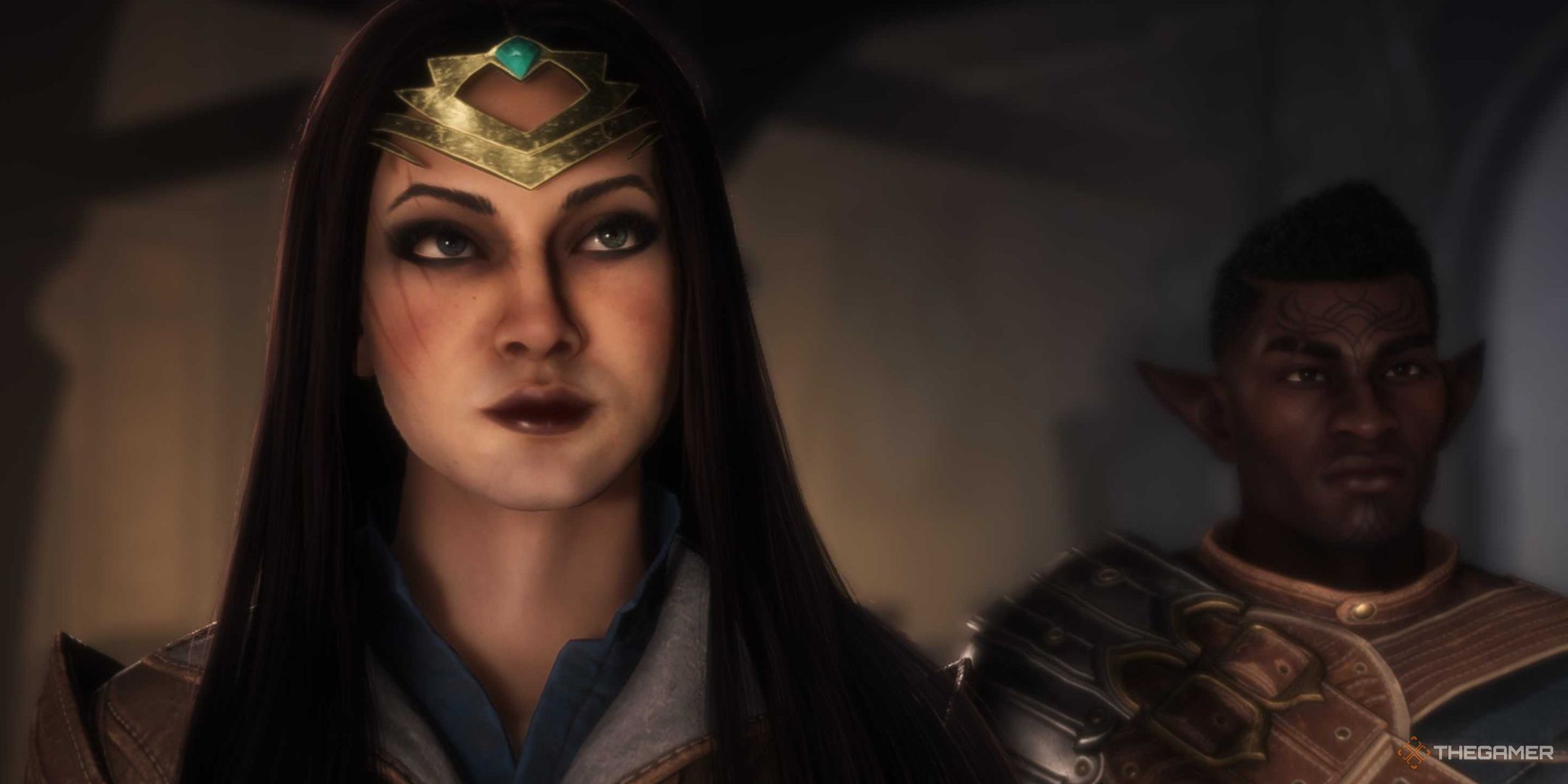
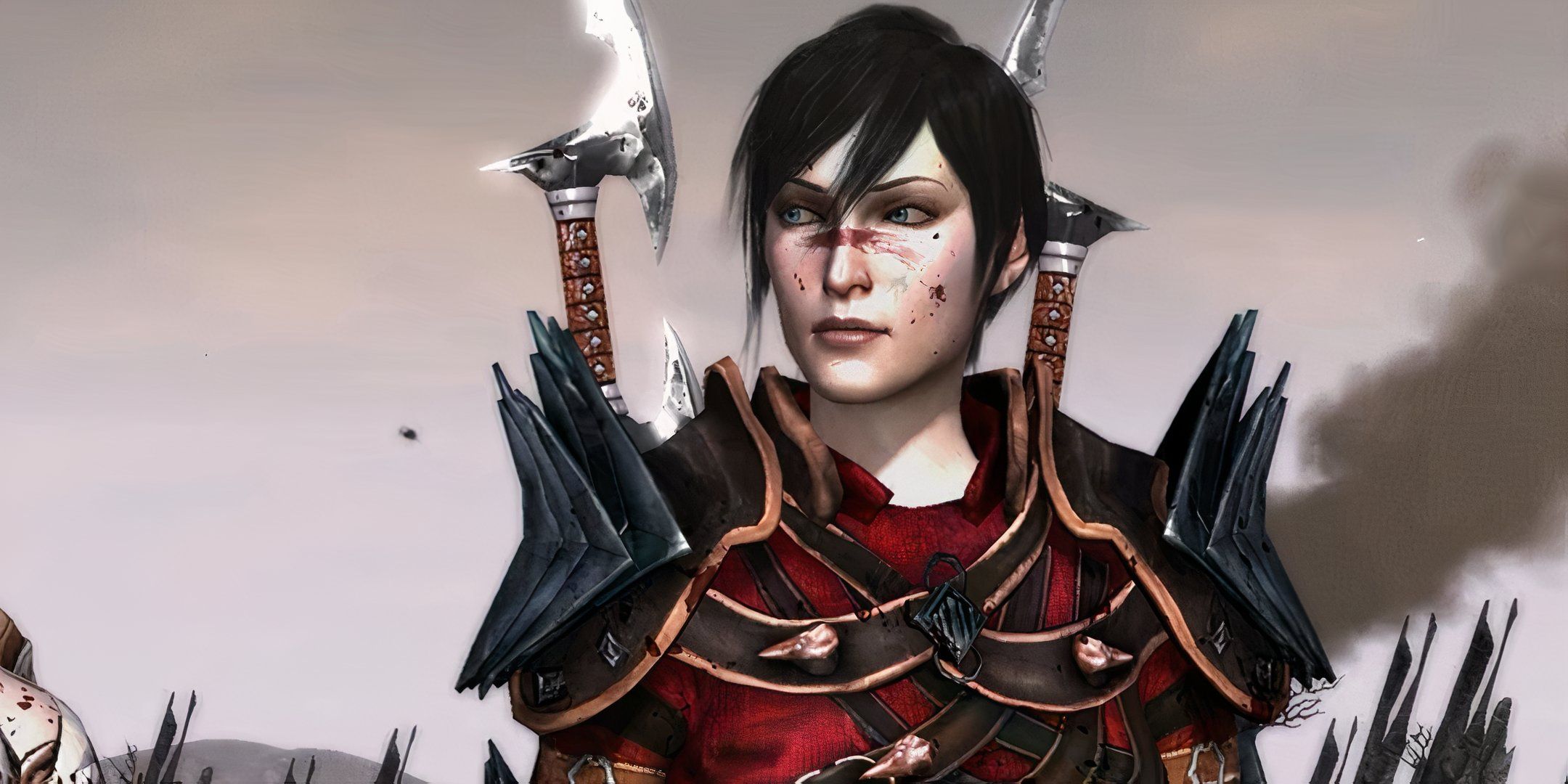

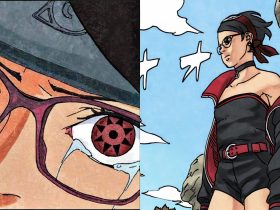
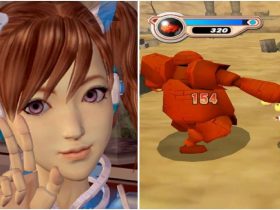
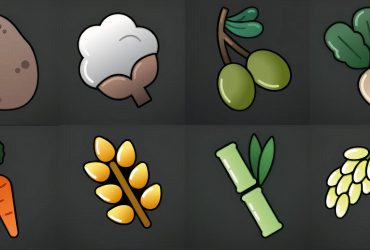
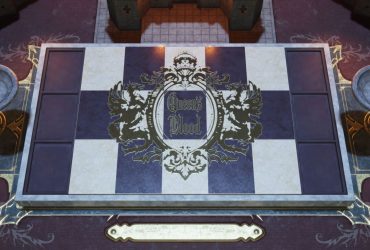
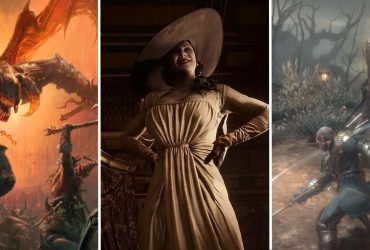

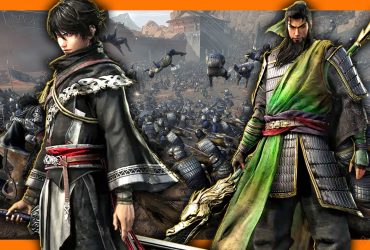
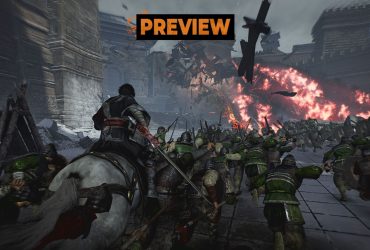
Leave a Reply